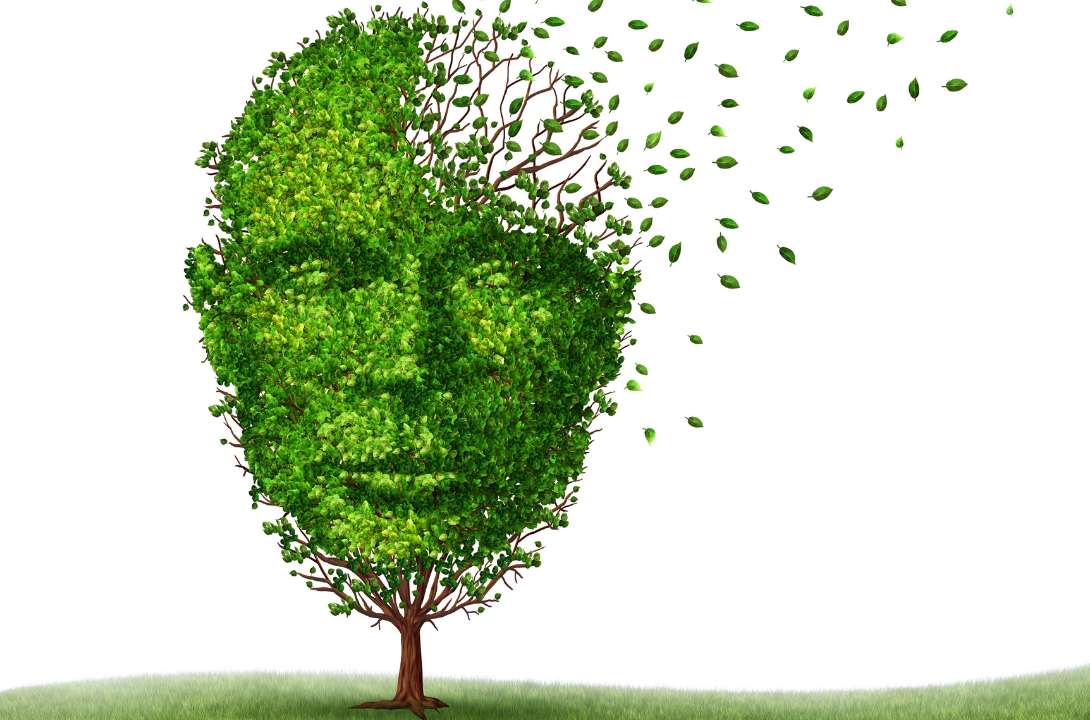
Knowledge is power!
The myth that dementia is just a normal part of getting older can lead to many not seeking help and support early enough. Getting to know the symptoms of dementia can help you pursue a diagnosis. Having a diagnosis will give you the ability to seek advice that may slow the diseases progress. At the very least, it will enable you to make plans for the future and allow you to talk with loved ones about care preferences.

Let’s Talk About Dementia
September is World Alzheimer’s Month, an international campaign to raise dementia awareness and challenge stigma. Each year, Alzheimer and dementia associations, alongside all those involved in the treatment, care and support of people with dementia from around the world, unite to organise advocacy and information provision events, as well as Memory Walks and fundraising days.
The more you know about dementia, the better. 2021 campaign’s theme is Know Dementia, Know Alzheimer’s and is all about the power of knowledge. When you are armed with information, advice and support, you can better prepare and adapt.
What are the early symptoms of dementia?
The early symptoms of Alzheimer’s and other types of dementia can vary; however, there are similarities shared between them all. The most common symptom is memory loss and the loss of practical abilities, leading to somebody withdrawing from work or social activities.
Dementia affects everyone differently; no two people will have symptoms that develop in the same way. It will all depend upon factors like; personality, general health and social situation. These unique factors determine the impact dementia has on day-to-day life.

Early symptoms of dementia may include:
- loss of memory
- difficulty in finding the right words or understanding what people are saying
- difficulty in performing previously routine tasks
- personality and mood changes
There are many myths, old wives tales and misinformation about dementia, making it more difficult to find the right advice and support.
Myth Busting
- Dementia is not a normal part of ageing, so getting a diagnosis can help you take control and plan.
- There is a simple test for dementia. There is research and progress into new biomarkers, which are less invasive and less costly. Currently, a combination of memory tests and scans are required.
- A family member has dementia which means I am more likely to develop it. This myth is about genic dementia. There are rare familial forms of dementia caused by genetic mutations such as familial Alzheimer’s disease, frontotemporal dementia and familial vascular dementia, which are more likely to occur in people under 65.
- Dementia only affects older adults. Whilst age is a risk factor for dementia; it can affect younger adults too. There are over 42,000 people with early-onset dementia in the UK. Read our article about early-onset dementia here.
- Dementia is always preventable; this dementia myth is unfortunately not true. Certain factors can reduce the risk of some dementias or delay their onset, but it does not prevent them.
#KnowDementia and #KnowAlzheimers
The World Alzheimer’s campaign wants to encourage everyone to know the symptoms of dementia. The detailed list below of symptoms are indications of dementia. If you or a loved one has any of these symptoms, you should talk to your doctor as soon as possible.
Dementia is not a normal part of ageing. There are things you can do to slow the progress if diagnosed early enough.
Detailed symptoms of dementia
- Memory loss
- Difficulty performing familiar tasks
- Problems with language
- Disorientation to time and place
- Poor or decreased judgement
- Problems keeping track of things
- Misplacing things
- Changes in mood and behaviour
- Issues with images and spatial relationships
- Withdrawal from work or social activities

During this year’s World Alzheimer’s Month, we will be talking about Covid 19 and dementia, reducing risk factors and the support available. Check back with us to see these articles, or if you wish to speak to someone about dementia, please get in touch with us by clicking here.
#KnowDementia and #KnowAlzheimers

